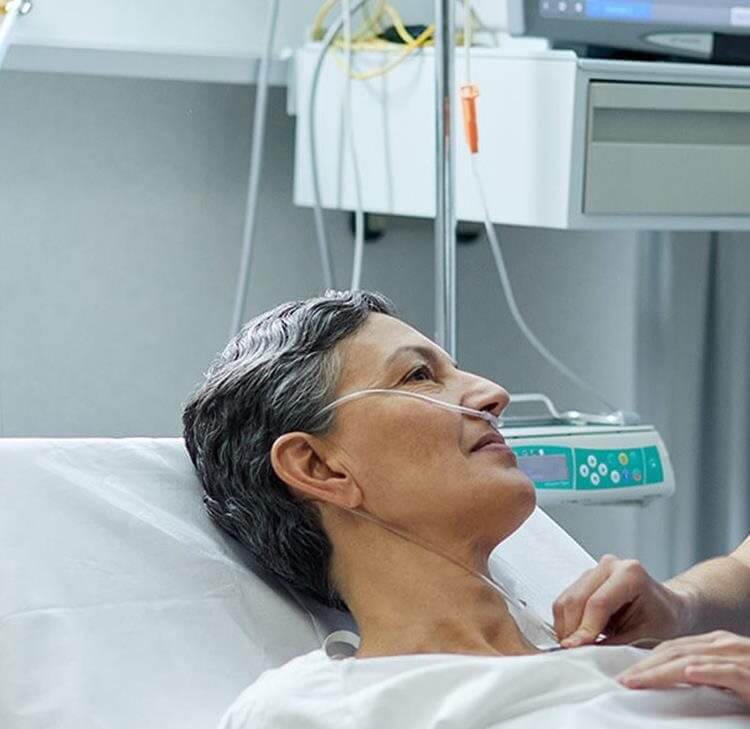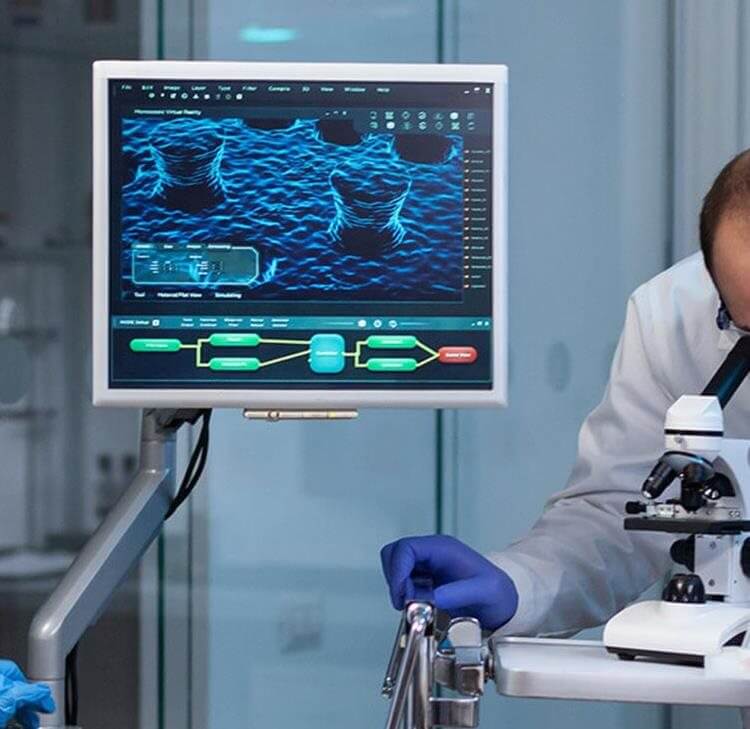The Court of Appeal has today given its judgment in the cases of Paul v Royal Wolverhampton NHS Trust, Polmear v Royal Cornwall Hospital NHS Trust and Purchase v Ahmed (13 January 2022).
Browne Jacobson LLP instructed Charles Bagot QC and Charlotte Jones on behalf of NHS Resolution, the Royal Wolverhampton NHS Trust and Dr Ahmed. The decision clarifies how the proximity test should be applied in clinical negligence cases.
In all three cases, close relatives claimed compensation for psychiatric injuries suffered as a consequence of witnessing the collapse of their loved ones.
Since the House of Lords decision in Alcock v Chief Constable of the South Yorkshire Police (1992), the courts have limited the extent to which Defendants can be held liable for psychiatric injuries suffered by close relatives.
The Court of Appeal have concluded that:
- The five elements required to establish legal proximity in secondary victim cases apply as much to clinical negligence cases as they do to in accident cases.
- For a secondary victim to be sufficiently proximate to claim for psychiatric injury, the horrific event cannot be a separate event removed in time from the negligence.
- If the negligence and the horrific event are part of a continuum, as they were in Walters v North Glamorgan NHS Trust (2002), there is sufficient proximity.
- The Court of Appeal’s previous judgment in Taylor v A. Novo (UK) Ltd (2013 is binding authority for the proposition that no claim can be brought in respect of psychiatric injury caused by a separate horrific event removed in time from the original negligence, accident or a first horrific event.
- It is for the Supreme Court to decide whether to depart from the law as stated in Taylor v A. Novo.
The Court of Appeal has allowed the appeals made by the NHS Trusts in Paul and Polmear and dismissed the appeal by Tara Purchase.
Contact

Mark Hickson
Head of Business Development
onlineteaminbox@brownejacobson.com
+44 (0)370 270 6000







![Contractual liability for all inclusive treatment: Bartolomucci v Circle Health Group Limited [2025]](/getattachment/95f9533b-f99c-4fcc-b8d5-3f93904b8242/shutterstock_1265400856.jpg?variant=HeroImageTabletVariantDefinition)

































